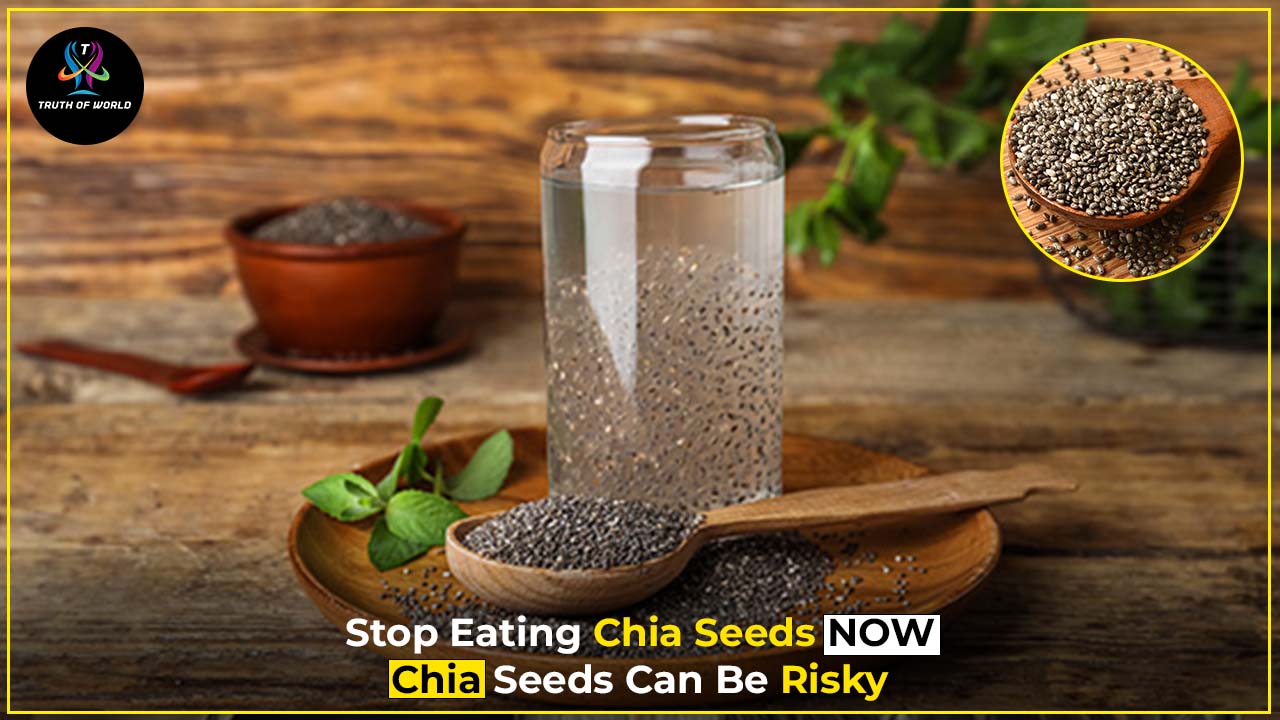Hair fall is one of the most common problems faced by both men and women today. While occasional shedding is normal, excessive hair loss can be a sign of an underlying health condition. Ignoring it may worsen the problem and even affect your confidence.
In this article, we’ll explore 5 health conditions that can cause hair fall and also share practical solutions to manage them.
1. Thyroid Problems(Hair Fall)
Your thyroid gland plays a key role in regulating hormones. When it’s underactive (hypothyroidism) or overactive (hyperthyroidism), it can cause thinning hair or hair fall.
Signs: Fatigue, sudden weight changes, dry skin, irregular periods (in women).
Solution:
- Get your thyroid levels checked through a blood test.
- Follow the treatment plan prescribed by your doctor.
- Include iodine-rich foods (like fish, dairy, eggs) and manage stress.
2. Iron Deficiency (Anemia)
Low iron levels reduce oxygen supply to hair roots, weakening them and causing hair to fall out.
Signs: Pale skin, weakness, dizziness, brittle nails.
Solution:
- Eat iron-rich foods such as spinach, beans, red meat, and pumpkin seeds.
- Take vitamin C with meals to boost iron absorption.
- If deficiency is severe, your doctor may prescribe iron supplements.

3. Polycystic Ovary Syndrome (PCOS)
Women with PCOS experience hormonal imbalances that can trigger hair thinning on the scalp while increasing facial hair growth.
Signs: Irregular periods, acne, weight gain, excessive facial hair.
Solution:
- Maintain a healthy lifestyle with regular exercise.
- Eat a balanced diet low in sugar and processed foods.
- Consult a gynecologist for proper treatment and hormonal therapy if needed.
4. Vitamin D Deficiency
Vitamin D supports hair follicle health. Its deficiency can slow down new hair growth and lead to excessive shedding.
Signs: Fatigue, bone pain, frequent illness, slow wound healing.
Solution:
- Get 15–20 minutes of sunlight daily.
- Eat foods like salmon, mushrooms, fortified milk, and eggs.
- Take vitamin D supplements if recommended by your doctor.
5. Stress and Anxiety
Stress increases cortisol levels, which disturbs the hair growth cycle and causes sudden hair fall (telogen effluvium).
Signs: Difficulty sleeping, irritability, restlessness, headaches.
Solution:
- Practice yoga, meditation, or deep breathing exercises.
- Sleep at least 7–8 hours every night.
- Stay physically active to balance hormones and improve blood circulation.
Final Thoughts
Hair fall is not just a cosmetic issue—it can be a warning sign of underlying health conditions. By identifying the root cause and making simple lifestyle changes, you can reduce hair loss and promote healthy hair growth.




